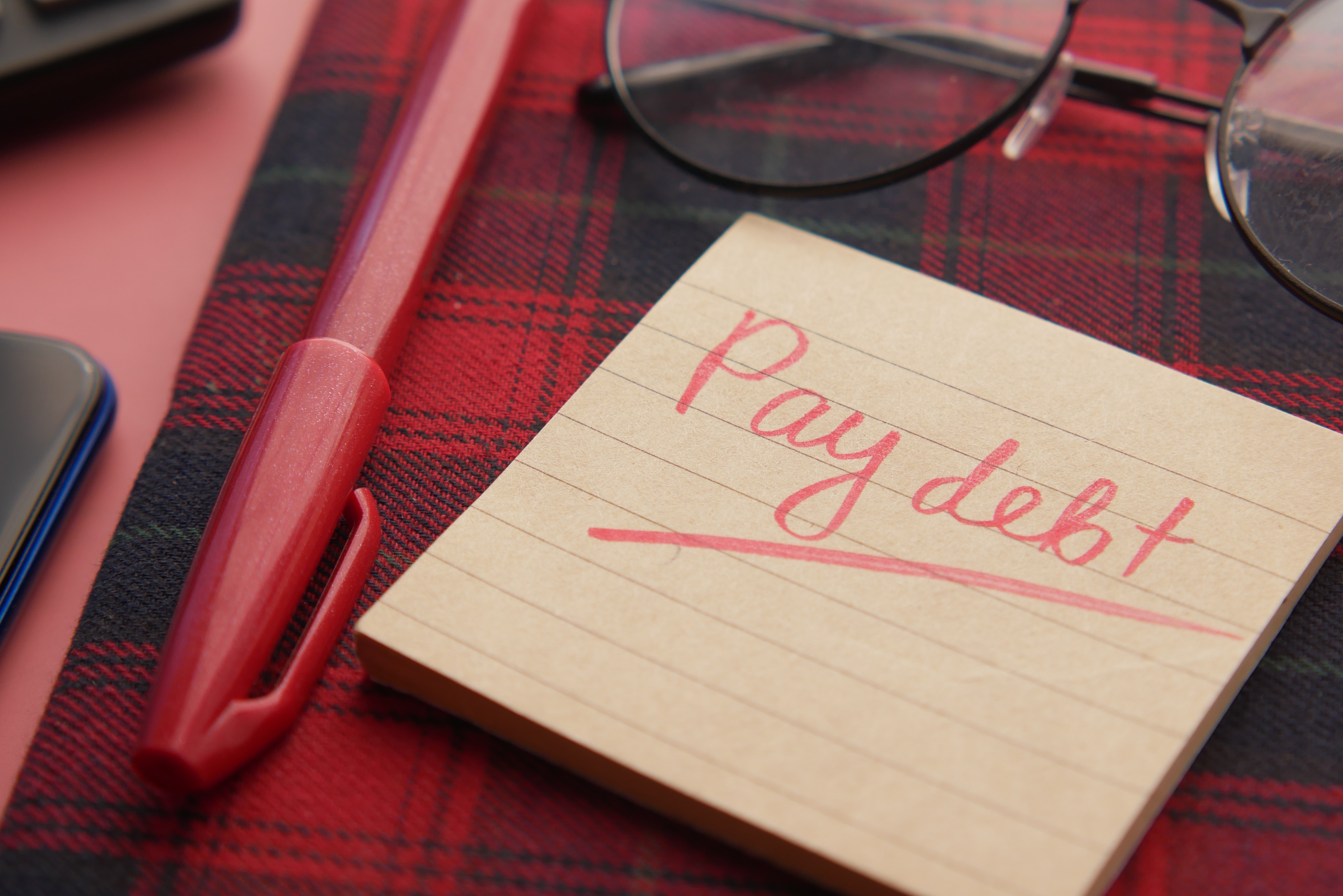Grocery shopping is a staple in every household's weekly routine. However, it can also take up a substantial portion of your budget if not planned smartly. By implementing a few simple yet effective strategies, you can significantly cut down on your grocery expenses without compromising the quality or quantity of your food. This comprehensive guide will provide you with all the tips and tools you need to master the art of saving money on groceries.
Common Pitfalls
Grocery shopping can become expensive due to several common pitfalls. Impulse buying, not planning meals in advance, ignoring sales and discounts, and wastage are among the primary culprits. Being aware of these pitfalls is the first step towards more economical grocery shopping.
Smart Shopping Strategies
1. Make a Shopping List and Stick to It
Shopping lists are a fantastic way to keep your grocery shopping focused and budget-friendly. By planning what you need in advance, you can avoid impulse purchases and ensure you're only buying what's necessary.
2. Meal Planning
Meal planning involves creating a detailed plan of what you're going to eat for the week or month. This strategy not only helps in creating a more accurate shopping list but also reduces food waste, as you'll only buy what you need.
3. Buy in Bulk
Purchasing items in bulk can result in significant savings over time. This strategy works best for non-perishable items like pasta, rice, canned goods, and toiletries. However, ensure that you have sufficient storage space and that the items will be used before their expiry date.
4. Shop Seasonally
Fruits and vegetables are typically cheaper when they're in season. Additionally, they're often fresher and tastier as well!
5. Try Store Brands
Store brands often offer similar quality to name brands but at a lower price. Many shoppers find that the difference in taste or quality is negligible, leading to substantial savings.
The Role of Technology in Economical Grocery Shopping
Modern technology offers a host of tools and apps to help you save money on groceries. Here are a few worth considering:
Grocery Apps: Apps like Flipp, Honey, and Rakuten provide digital coupons and cashback opportunities, offering you savings at the checkout.
Price Comparison Tools: Tools such as Basket Savings let you compare prices at different stores, ensuring you always get the best deal.
Meal Planning Apps: Meal planning apps, such as Mealime and Yummly, can help streamline your meal planning process, making it easier to stick to your shopping list and budget.
Harnessing the Power of Coupons and Discounts
Coupons and discounts can significantly reduce your grocery bill. Whether you opt for traditional paper coupons or digital ones, the savings can quickly add up. You can often find these valuable tools in store flyers, on store websites, and through grocery apps.
Q&A Section
Q: Can I save money by shopping at discount grocery stores? A: Absolutely. Discount grocery stores often offer the same products at lower prices. However, it's still essential to compare prices to ensure you're getting the best deal.
Q: Is it cheaper to buy groceries online or in-store? A: It depends. Online shopping can offer convenience and easy price comparison, but in-store shopping allows you to take advantage of in-store only deals and discounts.
Q: Can meal planning really help me save money on groceries? A: Yes, it can. By knowing exactly what you need for the week or month, you can avoid buying unnecessary items, thus reducing waste and saving money.
Q: How can I use technology to save money on groceries? A: There are various apps and online tools available that offer digital coupons, cashback, and price comparisons. You can also use meal planning apps to help plan meals based on sales or what you already have in your pantry.
Q: Is it more economical to buy in bulk? A: Usually, yes. Buying in bulk can offer significant savings, especially for non-perishable items. Just make sure you have enough storage space and that the items will be used before they expire.
Eating Healthy on a Budget
Contrary to popular belief, eating healthy doesn't have to be expensive. Here's how you can maintain a nutritious diet on a budget:
Choose Whole Foods: Whole foods, like fruits, vegetables, grains, and lean proteins, are often cheaper and healthier than processed foods.
Cook at Home: Home-cooked meals allow you to control the ingredients and the cost. Plus, they're usually healthier and tastier than takeout.
Grow Your Own: If you have the space, consider growing your own fruits, vegetables, and herbs. It's cost-effective, satisfying, and you can't get fresher than homegrown!
Reducing Food Waste
Minimizing food waste is not only beneficial for your budget but also for the environment. Here are some tips to reduce food waste:
Store Food Properly: Storing food correctly can extend its shelf life. For instance, separate fruits and vegetables that produce more ethylene gas as they can speed up the ripening process of other produce.
Use Your Freezer: Your freezer is an excellent tool for preventing food waste. Freeze leftovers, surplus fruits and vegetables, and even perishable items like milk and bread to prolong their usability.
Understand Expiry Dates: "Best before" and "Use by" dates are not the same. Most foods are safe to eat a few days past their "best before" date if they've been stored correctly.
The Importance of Sticking to Your Budget
Keeping to your budget is crucial in managing your grocery expenses. By monitoring your spending and adjusting as necessary, you can make sure you're making the most out of your money. Consider using a budgeting app or a simple spreadsheet to track your spending.
Investing in Quality Kitchen Tools
Investing in quality kitchen tools can also lead to savings in the long run. Good-quality cookware and kitchen gadgets not only last longer, but they can also make cooking more efficient, reducing your reliance on costly takeout and ready meals.
Saving money on groceries doesn't have to be a daunting task. With these strategies in mind, you can make smart, budget-friendly choices without sacrificing the quality of your meals. Remember that every little bit counts, and over time, these savings can add up to a significant amount. Happy shopping and saving!










